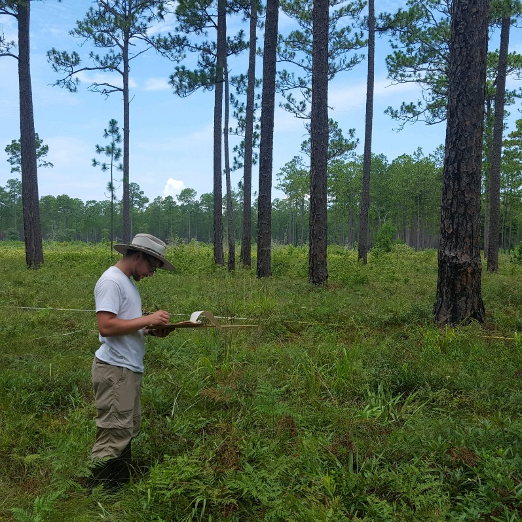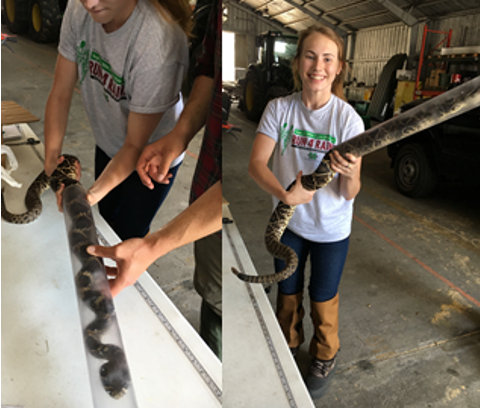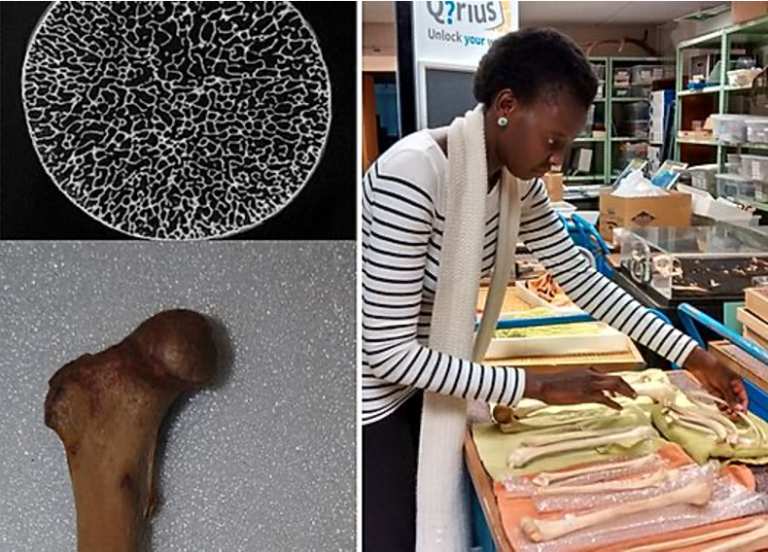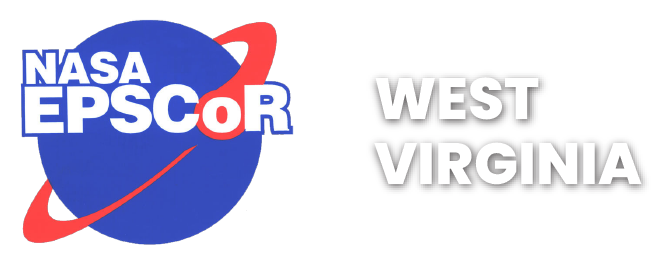RID (Research Infrastructure Development)
Our programs have been effective in building research capability at WV institutions of higher education In the past five years, over 84 publications and presentations have been generated by our researchers, seven new or revised courses have been created, and over $1.7 million has been secured by our researchers after the completion of their Seed Grant for NASA EPSCoR.
Through the EPSCoR seed grants, researchers provide advanced training and research opportunities for WV students. Research Seed grant applications will open in the late fall and be due in mid-March (dates TBD) and travel grants are available on a rolling basis.
Funding Opportunities
The complete list of RFPs can be found on the website at: https://bit.ly/3GujCqF
This program is designed to support faculty members of all WV colleges and universities in their efforts to initiate research activities, conduct pilot experiments, or demonstrate new concepts that might lead to significant future projects. Each applicant may request up to $15,000 of NASA WV EPSCoR funds to be supplemented with at least 20% cost share from the applicant’s home institution from non-federal sources.
Required Application Rules:
- Proposals must be submitted on-line. Please note that the applicant is responsible for completeness and accuracy of the material contained in the proposal. Any deviation from the stated rules and requirements will result in disqualification of the applicant.
- Each award category is judged separately based on published criteria. However, the NASA WVSGC/WV EPSCoR Board will review all submitted proposals and consider each proposal’s total scores, combined with other considerations, in reaching a final award decision.
- Each PI may submit no more than one proposal per category.
- Proposers must be very clear about the goals and objectives (what they propose to do) and the methodology to achieve those goals and objectives (how they plan to execute the project).
- The use of NASA funds for foreign travel and purchase of equipment is prohibited.
- Each proposer must identify and align their proposal with at least one of the NASA Mission Directorates. The full list of NASA Mission Directorates and Center Alignment can be found here.
For electronic submissions click here
NASA WV EPSCoR Program is pleased to provide support to researchers at West Virginia colleges and universities to travel to NASA field centers or NASA headquarters to meet and initiate collaborative projects with NASA scientists. Travel can be for a faculty member to travel to a NASA Center, to another collaborator on a potential externally funded NASA project, or to present previously funded NASA work at a conference. Applicants can also request funds to invite prominent researchers to their campus to participate in research colloquium or to discuss collaborations that are relevant to NASA’s work.
Projects developed under the RID program:
Project Title: Quantifying the vulnerability of longleaf pine woodlands to drought
Principal Investigator: Kyle Palmquist, Marshall University, Department of Biological Sciences
The goal of this project is to document the impact of drought along soil moisture gradients and across scales in longleaf pine (Pinus palustris) plant communities throughout the southeastern US.
Photo of Moses Shafer (BS, Marshall University), who was the field technician, recording data in one of our plots in South Carolina.


Project Title: Influences on gut microbiome on apex predators.
Principal Investigator: Jennifer J. Mosher, department of biological Sciences, Marshall University.
Marshall University student, Mckenzie Granata, demonstrates safe handling techniques for a captured-wild, adult Eastern Diamondback Rattlesnake. The research project “Influences on gut microbiome in apex predators” has a direct link to the NASA Human Exploration & Operations Mission Directorate.
Project Title: An investigation of bone density and strength in non-human mammals
Principal Investigator: Habiba Chirchir, PhD., Marshall University
The goal of this project is to understand the effects of varying levels of physical activity on bone density and strength, and the biomechanical trade-offs that exist to minimize energetic demands, such as a reduction density through the study of non-human mammals.

